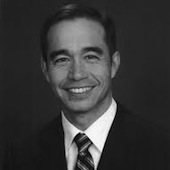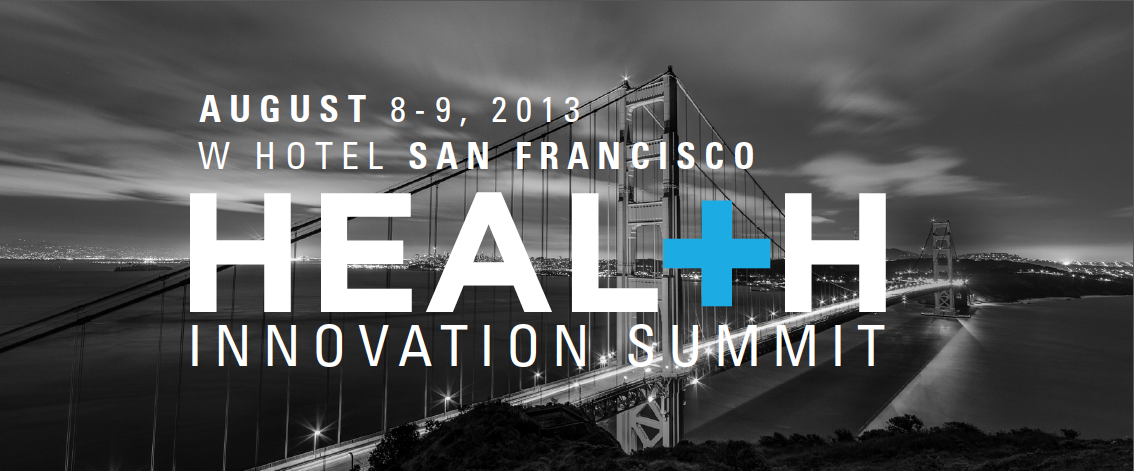Q&A With HiSum Speaker Dr. Kent Bradley
This post is part of our ongoing series profiling speakers for our upcoming Health Innovation Summit.
Dr. Kent Bradley is the Chief Medical Officer at Safeway, leading the company’s wellness and healthcare efforts for their 180,000 employees. He came to Safeway in 2011 from Martin, Blanck & Associates, a healthcare services consulting firm. Dr. Bradley is a retired US Army Colonel, serving in Iraq as deputy commander over 4 hospitals and 2,500 staff.
 How have you found the initiative to innovate inside a large company like Safeway?
How have you found the initiative to innovate inside a large company like Safeway?
Many people may not realize that the nature of the highly competitive retail grocery space fosters a willingness to try new things. We are constantly conducting small pilots in test markets. Our health initiative is born from a culture that values new ideas and, more importantly, the execution discipline that translates a good idea to true innovation.
How do you see health and wellness as being vital to a large company like Safeway?
There is definitely growing interest concerning how the worksite can be an overall contributor to the wellness of our nation through programs that support the effort towards a healthier lifestyle. Large companies are often self-insured and have a vested interest in reducing the healthcare cost burden through a healthier workforce, but they also understand the importance of optimal employee engagement by minimizing absenteeism and increasing presenteeism. Finally, there is a broader view of health that is catching on that has an impact in ways that we still need to understand. This is the view that health is more than a physical fitness activity or a weight loss program, but is a comprehensive view that addresses concepts like resilience, and supports enhanced capacity for change and the perspective of being viewed as an employer of choice because of the focus on a comprehensive integrated program that fosters a culture of health and wellness.
What component of the Safeway Health program is most critical to getting positive outcomes?
We believe that we lead with our understanding of how individuals, as consumers, are motivated to act and to drive loyalty on that action. At the end of the day, we can have a great program, but, unless people engage in the program, they cannot derive any benefit from it. The second way we lead is with our ability to vett solutions or ideas in a “real world” setting with sufficient sample size or power to discern if the solution is able to create a statistically significant impact.
What is the most effective way to motivate employees to engage with the program?
There are two adages that are applicable here and both involve eating, which is perhaps an appropriate metaphor. Incentives eat good intentions for breakfast and culture eats strategy for lunch… you will have to decide what’s for dinner! While incentives may be financial, they often do not involve money, but instead involve influencers like social proofing. However, understanding the role of an incentive (the hook) is critically important. Culture is important in the broader context of creating a new norm of behavior across an organization. When we talk about the concept of a culture of health within Safeway, we mean that individuals identify with the notion that we are accountable consumers of health and we are capable of being our own change agents.
Join us and hear more from Dr. Bradley on his panel, Big Innovation, at Health Innovation Summit.
Do you have you have any more questions for Dr. Bradley? Share them below and hear the answer on August 8th.

